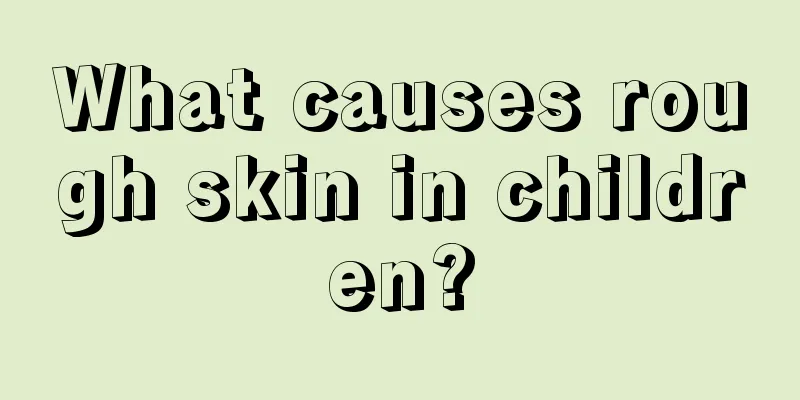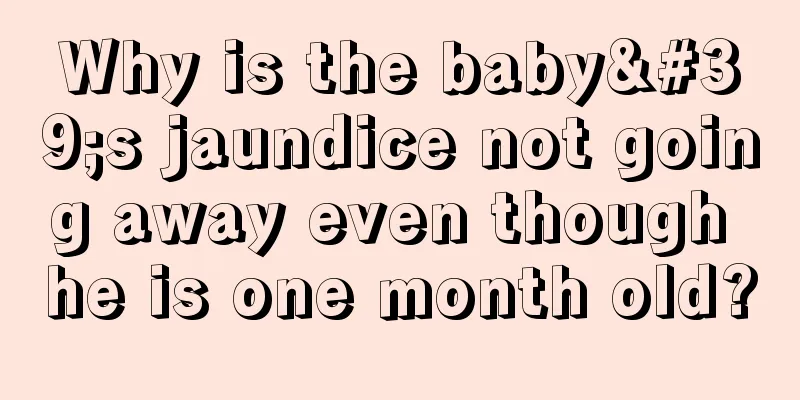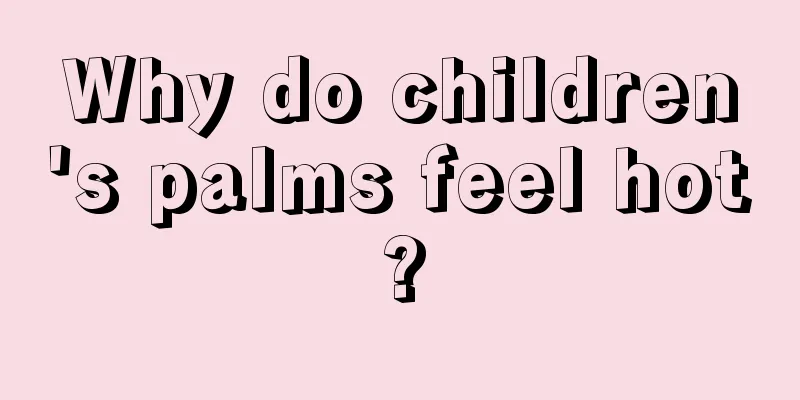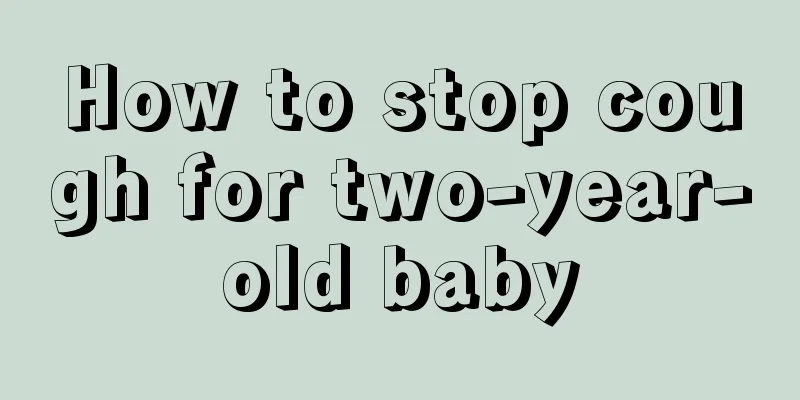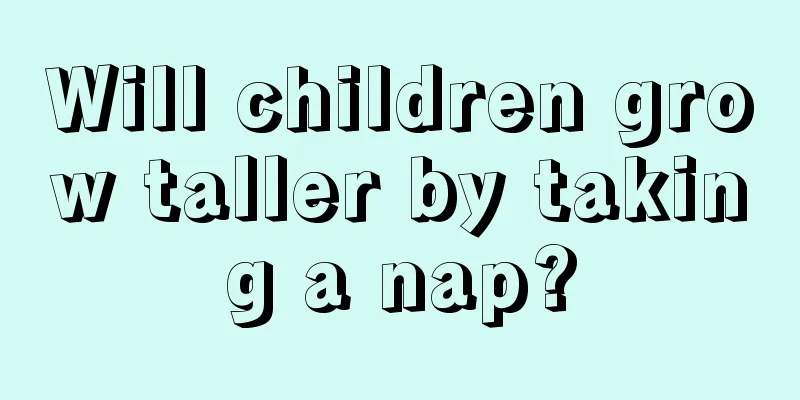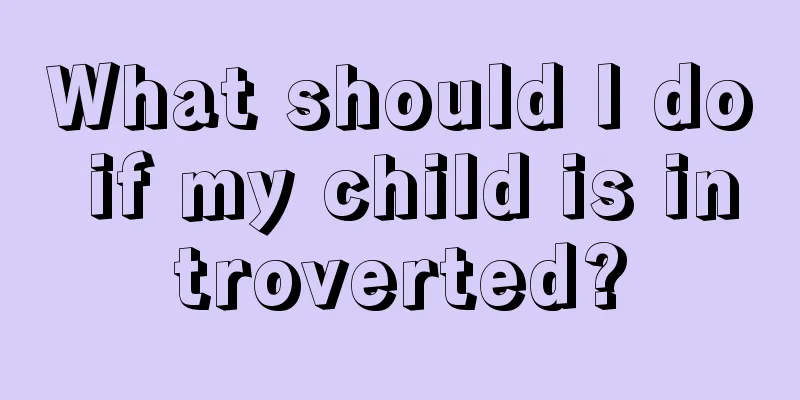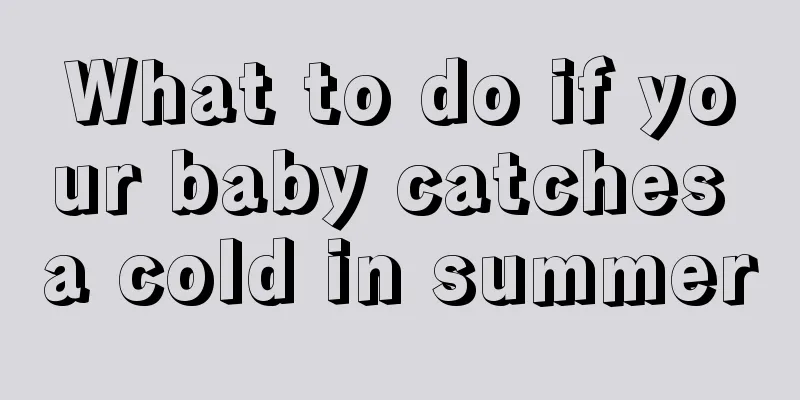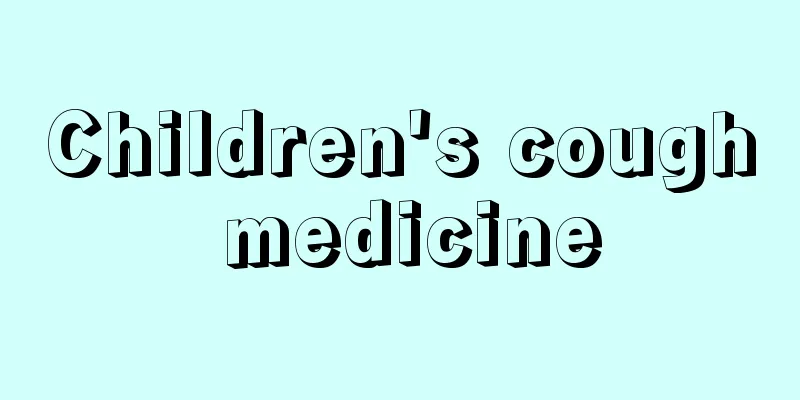What should I do if my child has chills and fever?
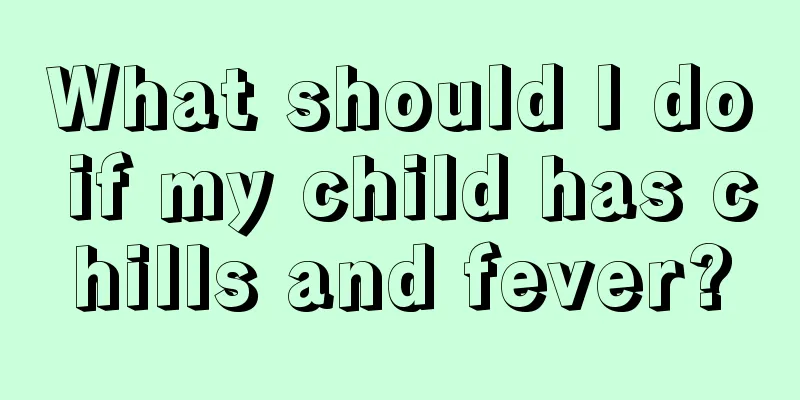
|
When children are young, they have poor physical resistance, so they often suffer from various diseases. Chills and fever are common diseases among children. Most children will show lethargy and no appetite when they have a fever. Many parents don’t know how to deal with this situation? Let me introduce to you how parents can take care of children with fever! Influenza is a more serious acute respiratory infectious disease. Once complications occur, it will cause irreparable damage. Therefore, early detection and treatment are extremely important. Children are a high-risk group for influenza, but because children have limited expressiveness, it is difficult to make judgments through their expressions. Parents need to be more careful at this time. Generally speaking, influenza patients will experience fever accompanied by sore throat, headache, diarrhea, muscle aches, chills, fatigue, etc. The symptoms last for about 5 to 7 days, but it still takes 1 to 2 weeks after treatment to get rid of the general weakness and mental fatigue. Experts remind parents that if they find that their children continue to experience similar symptoms, they should be vigilant, especially when dealing with the situation, they must be careful not to provide the wrong care to the child. How to deal with high fever and chills in children with influenza? 1. Children with high fever: Do not buy over-the-counter medicines or use rubbing alcohol to reduce fever. Some parents think that helping their children reduce their fever first will confuse the doctor's judgment. This is a wrong concept. If the family has antipyretic drugs or suppositories prescribed by a doctor, and parents know how to use them, they should help the child reduce the fever first. When you come to see a doctor, tell Dr. Yaguchi your body temperature before taking any medication. Never buy over-the-counter medicines or give aspirin to your children as this may cause Reye's syndrome. In addition, incorrect fever-reducing treatments include wiping the body with alcohol and covering the body with thick blankets to force sweat. The former not only fails to reduce fever, but may also burn the child's skin or cause allergic problems. The latter can easily cause the child's body temperature to be too high and should not be considered. 2. Children who are afraid of cold: Do not try to add more clothes for your child, as this may cause the child's body temperature to overheat. Some children experience chills and shivering before having a fever, and parents often think it is a convulsion, causing panic. Parents can distinguish between the two through their children's awareness. When a child is shivering with chills, he will be conscious and know who you are if you call him. However, when a child has a convulsion, he is often not conscious. When a child is shivering with cold, his hands and feet will be cold. At this time, you should cover him with a quilt to keep him warm. When his hands and feet become warm, you should remove the quilt to help dissipate the heat. Tips: How to care for children with influenza at home? Influenza, like the common cold, mostly relies on one's own immunity and will heal on its own in about a week. Most treatments adopt "symptomatic treatment" and are careful about the occurrence of complications. Tamiflu may be used to treat seriously ill children. In addition, it is best to provide care at home: 1. Pay close attention to the child's mental state after the fever subsides. If the child continues to be depressed, has a decreased appetite, and has an intensified cough, he or she needs to be rushed to the doctor again. 2. You should rest in bed at home and drink plenty of water. 3. Avoid going to public places and causing secondary infection. 4. To avoid infecting other family members, wash your hands frequently and wear a mask. Most children's chills and fever are closely related to influenza, so when a child shows this symptom, you must not be careless and should take the child to the hospital for examination and treatment in time. In addition, when a child has a high fever, it is best to use physical cooling methods at home, and you must take more care of your child during the illness. |
<<: What is the treatment for diarrhea in children?
>>: What should I do if my child has swollen upper eyelids?
Recommend
What to do if your baby falls to the ground
For new parents, there are many things to learn, ...
What causes blackheads in children?
People always think that blackheads are exclusive...
What does it mean when a child keeps blinking?
What does it mean if a child keeps blinking? Is i...
How to bathe a newborn baby?
Bathing is a very easy thing for adults, but when...
What causes low blood sugar in children?
There are many reasons for hypoglycemia in childr...
What causes toothache in children?
For adults, toothache is like a life-threatening ...
Baby keeps shaking his head
Babies are different from adults. Every reaction ...
The baby always keeps his mouth open
Babies do not have the ability to express themsel...
What should I do if my child has chronic cough?
Parents often encounter some problems. For exampl...
Children's phlegm-resolving and cough-relieving granules
Our parents nowadays attach great importance to t...
Can children use air conditioning when they have a high fever?
In the hot summer, people always turn on the air ...
Baby pneumonia does not cough
The physical condition of babies is not that good...
What are the dangers of iron deficiency anemia in infants?
Anemia is a common disease. It can occur in anyon...
Child's fontanelle is sunken
When the baby is just born, there will be a littl...
Can I not get the hand, foot and mouth disease vaccine? Is the hand, foot and mouth disease vaccine necessary?
Hand, foot and mouth disease is a common intestin...
